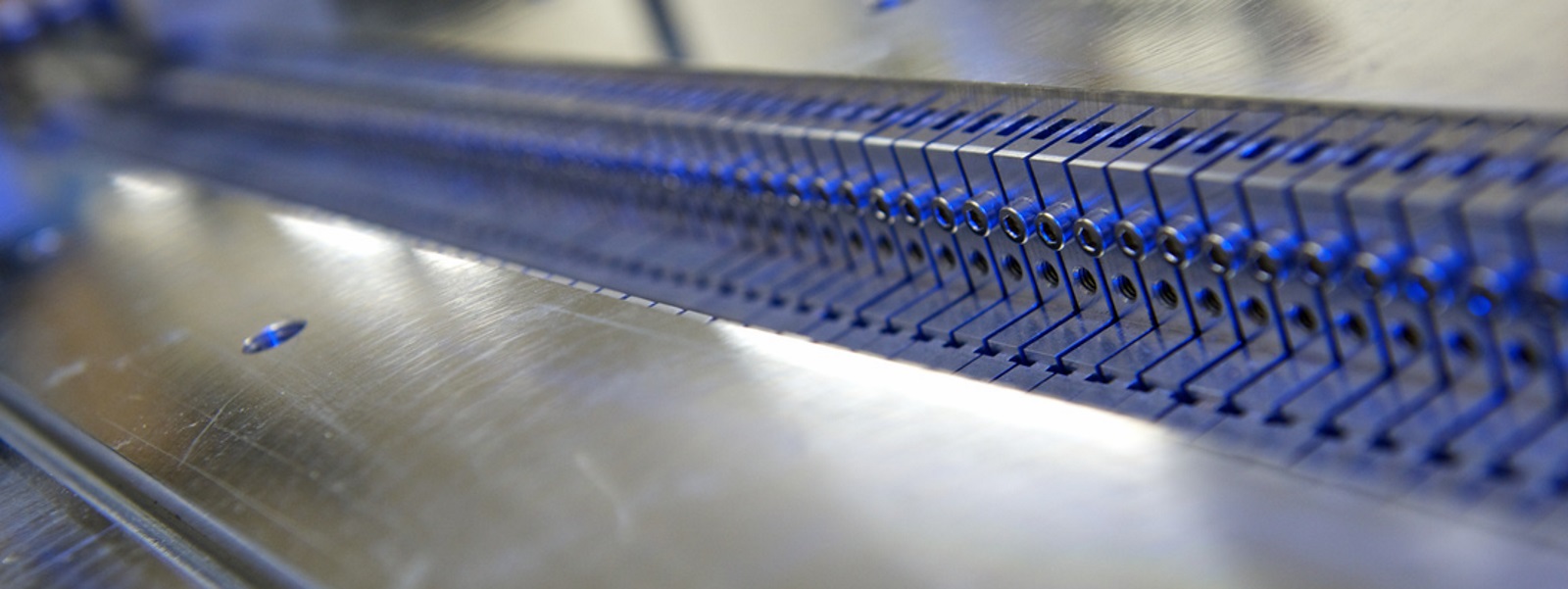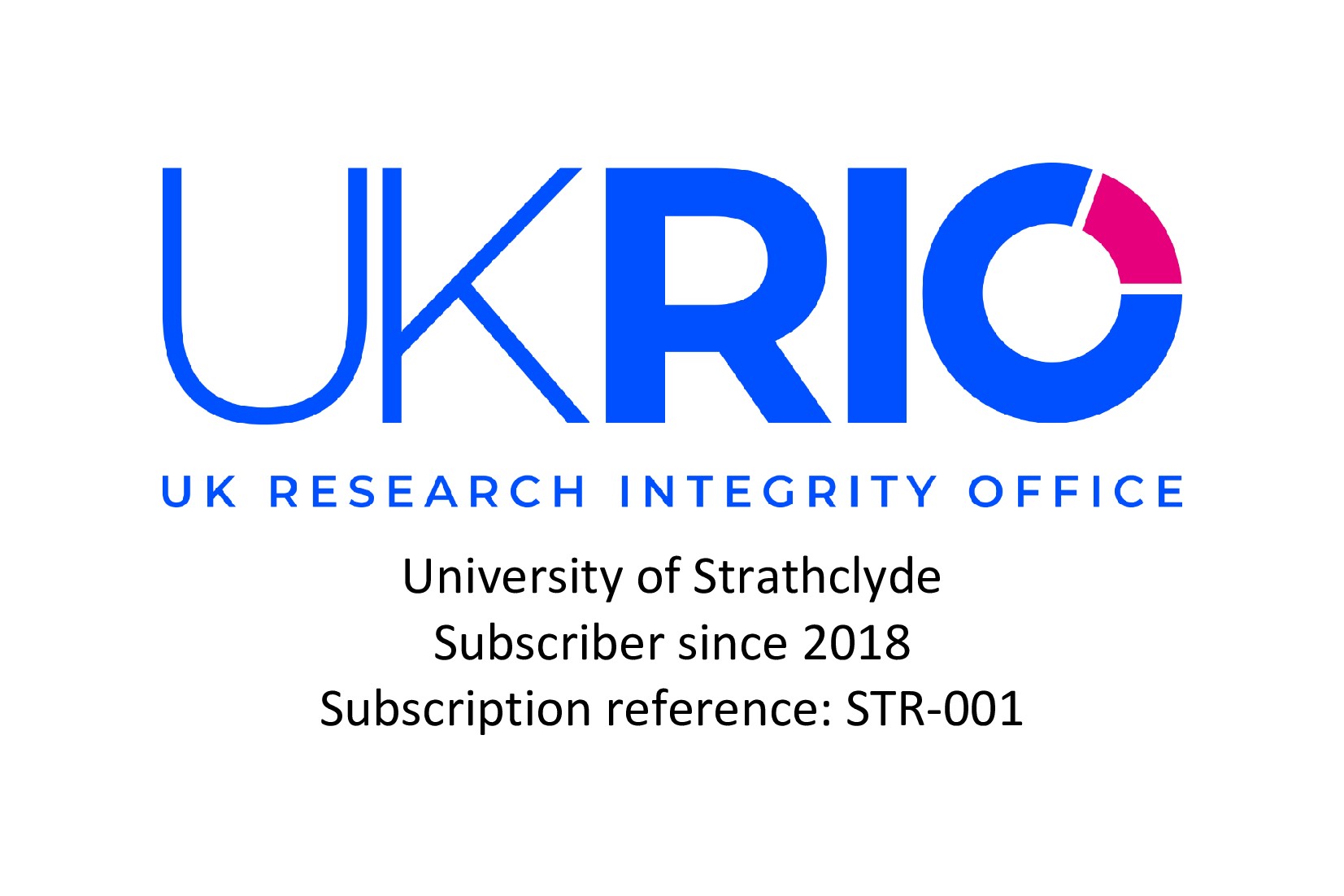What is research misconduct?
In line with the Concordat to Support Research Integrity, Strathclyde defines research misconduct as:
behaviours or actions that fall short of the standards of ethics, research and scholarship required to ensure that the integrity of research is upheld
Responsibility for ensuring that no misconduct occurs rests primarily with individual researchers. In order to promote best practice in research and enhance research culture within the University and beyond, Researchers must highlight deviation from required standards in their own work, or in the work of others, as soon as it is identified.
What does research misconduct look like?
Research misconduct can take many forms, including but not limited to:
- fabrication: making up results, other outputs (for example, artefacts) or aspects of research, including documentation and participant consent, and presenting and/or recording them as if they were real.
- falsification: inappropriately manipulating and/or selecting research processes, materials, equipment, data, imagery and/or consents.
- plagiarism: using other people’s ideas, intellectual property or work (written or otherwise) without acknowledgement or permission.
- failure to meet: legal, ethical and professional obligations, for example:
- not observing legal, ethical and other requirements for human research participants, animal subjects, or human organs or tissue used in research, or for the protection of the environment;
- breach of duty of care for humans involved in research whether deliberately, recklessly or by gross negligence, including failure to obtain appropriate informed consent;
- misuse of personal data, including inappropriate disclosures of the identity of research participants and other breaches of confidentiality;
- improper conduct in peer review of research proposals, results or manuscripts submitted for publication. This includes failure to disclose conflicts of interest; inadequate disclosure of clearly limited competence; misappropriation of the content of material; and breach of confidentiality or abuse of material provided in confidence for the purposes of peer review.
- misrepresentation of:
- data, including suppression of relevant results/data or knowingly, recklessly or by gross negligence presenting a flawed interpretation of data;
- involvement, including inappropriate claims to authorship or attribution of work and denial of authorship/attribution to persons who have made an appropriate contribution;
- interests, including failure to declare competing interests of Researchers or funders of a study;
- qualifications, experience and/or credentials;
- publication history, through undisclosed duplication of publication, including undisclosed duplicate submission of manuscripts for publication;
- risk, including to research participants, Researchers and funders of a study, or of reputational damage to the University or other sponsoring organisation.
- improper dealing with allegations of misconduct: failing to address possible infringements, such as attempts to cover up misconduct and reprisals against whistle-blowers, or failing to adhere appropriately to agreed procedures in the investigation of alleged research misconduct accepted as a condition of funding. Improper dealing with allegations of misconduct includes the inappropriate censoring of parties through the use of legal instruments, such as non-disclosure agreements.
Honest errors and differences in, for example, research methodology or interpretations do not constitute research misconduct.
How is research misconduct handled at Strathclyde?
The University takes a proportionate approach to research misconduct and recognises that, even when the expected standards of rigour and integrity are understood, honest mistakes can occur. The preferred approach to dealing with such mistakes, made unintentionally, unknowingly and without the intention of causing harm, is through tailored training and/or mentoring, as appropriate.
The University of Strathclyde takes all allegations of research misconduct seriously.
Allegations of research misconduct concerning University staff will be investigated in line with the process outlined in Annex B of our Research Code of Practice.
Allegations of research misconduct concerning registered University students will be considered under the terms of the University’s Student Discipline Procedure: Academic Misconduct.

